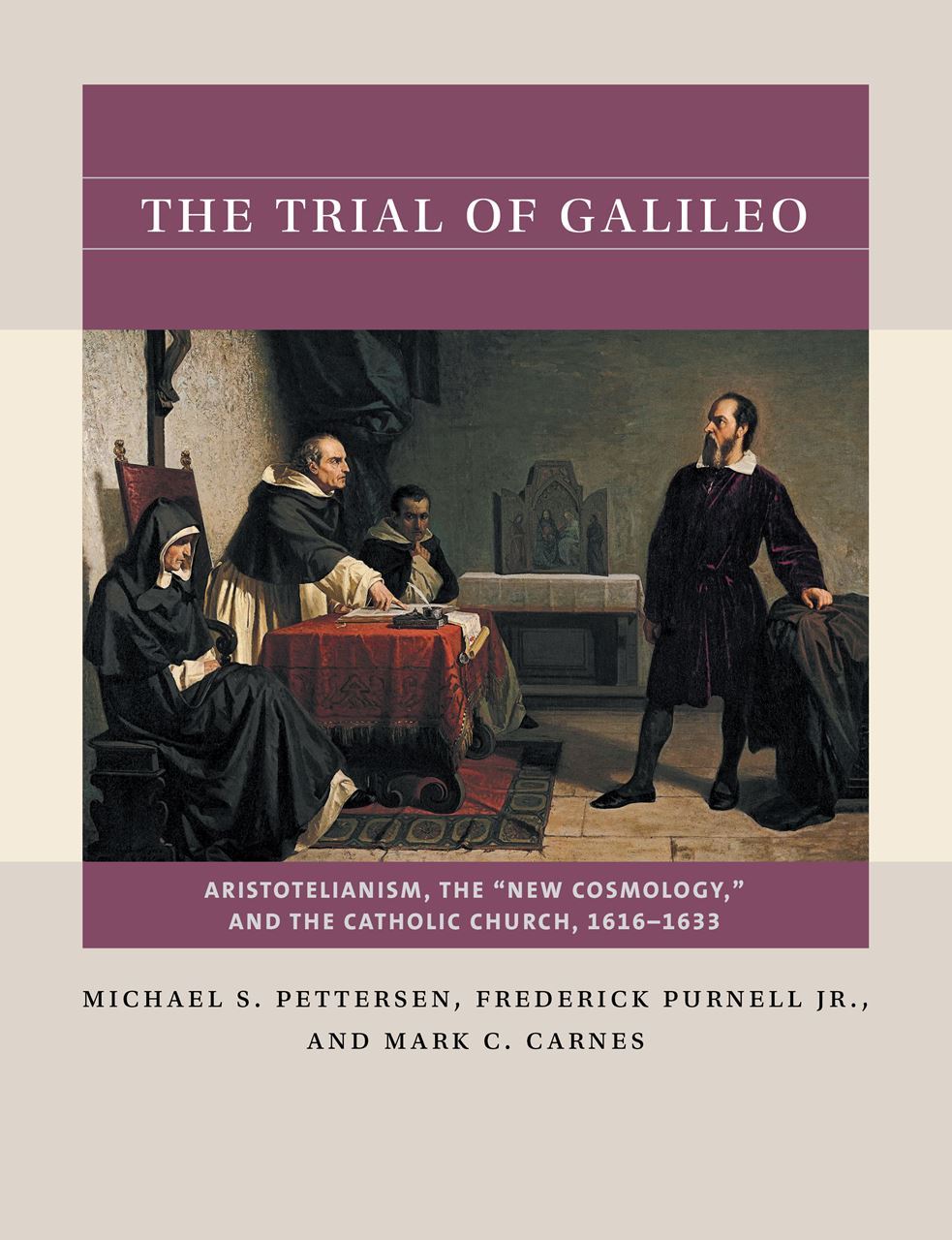 |
| Are Atoms Real if You Can't See Them? 1. Are atoms real or just a theoretical idea? This pits empiricists who accept only what they discover with the five senses against realists who use experiments and logic to infer that atoms must be real. 2. Should all types of experiments produce the same result for formulas and relative weights? Experimental evidence from different types of experiments gives different values for the relative weights of carbon and oxygen. Is there a reason that the results should be consistent? 3. What are the correct relative weights of the elements and formulas of compounds? The factions present conflicting values for the relative weights of the elements carbon and oxygen and the empirical formulas of simple organic compounds in the format of a professional meeting. Much of the conflict in the game centers on the proper formulas for water and carbon oxide and the relative weights of carbon and oxygen. These were much in dispute in 1860. The arguments center on differing interpretations of a collection of experimental data available in 1860. The game fits particularly well in courses that look at the historical development of chemistry including the Atoms First approach and also in history and philosophy of science courses. In basic science courses, instructors have the option of requiring students to do the calculations from raw experimental data. Alternatively, students can be given the results of the calculations and then defend their interpretation of the results. |
Details
|
Using the Game |
Class Size and Scalability |
Reacting Consortium members can access all downloadable materials (including expanded and updated materials) below. You will be asked to sign in before downloading. Please Fill out the Permissions Request Form Before Using Are Atoms Real? in Your Class!
|
|
David Henderson
David E. Henderson is Professor Emeritus at Trinity College (Connecticut). He is author of nine Reacting game modules on science, public policy, and religion. |
Susan K. Henderson
Susan Henderson was a Professor of Chemistry at Quinnipiac University, where she taught general chemistry, analytical chemistry and nutrition for non-science majors for over 35 years. She is co-author of three published games, and multiple games under review. |
Members can contact game authors directly.
We invite instructors join our Facebook Faculty Lounge, where you'll find a wonderful community eager to help and answer questions. We also encourage you to submit your question for the forthcoming FAQ, and to check out our upcoming events.
|
|
|




